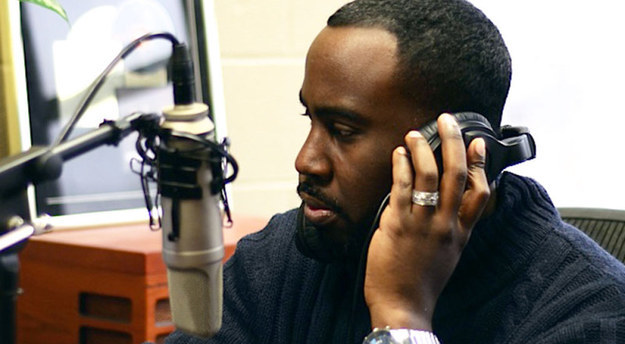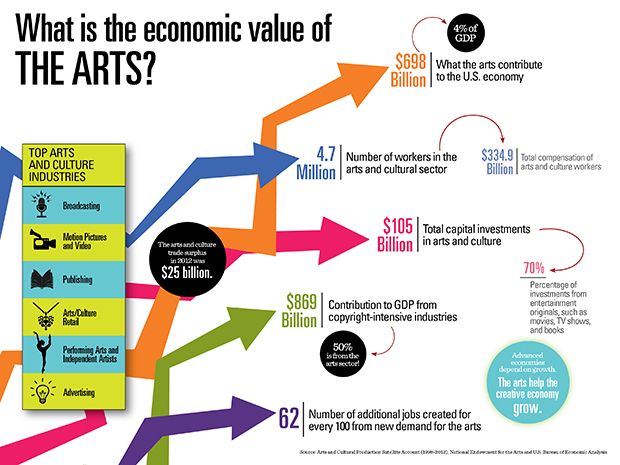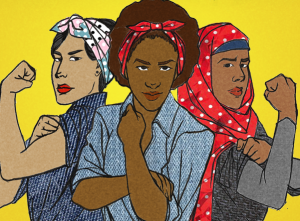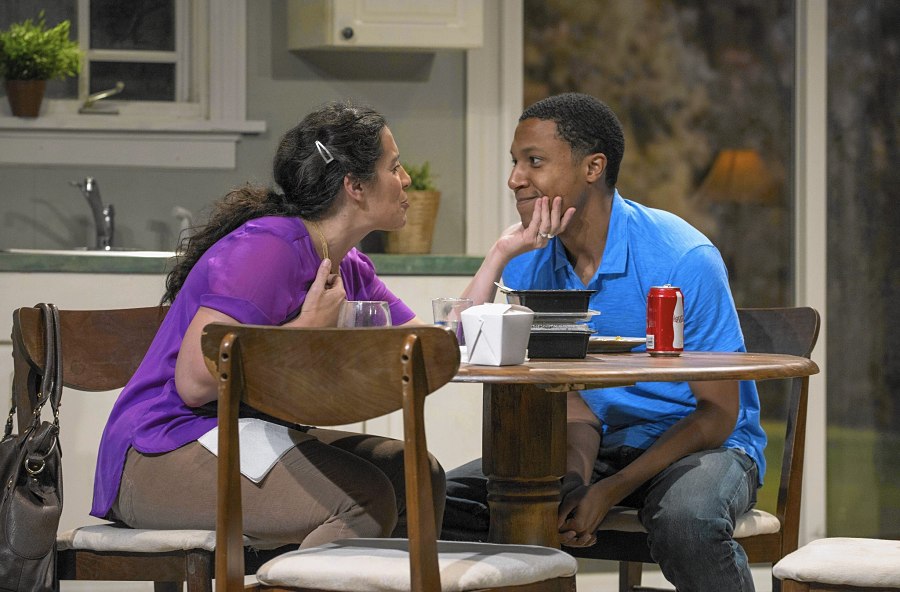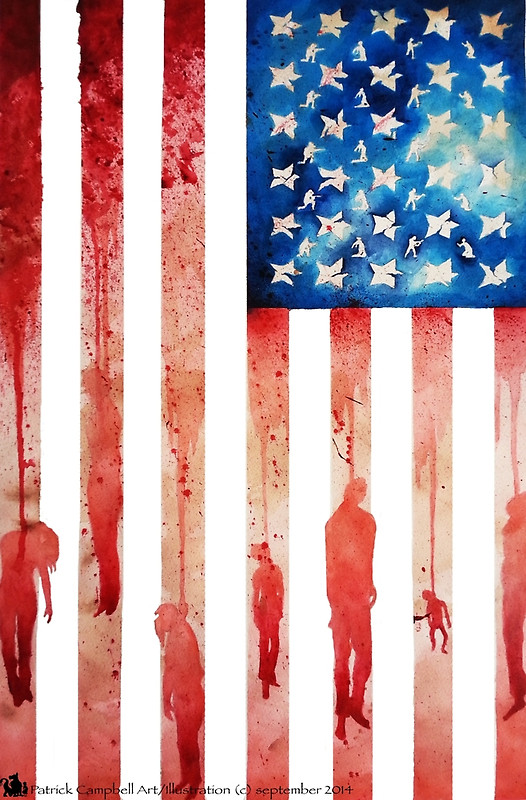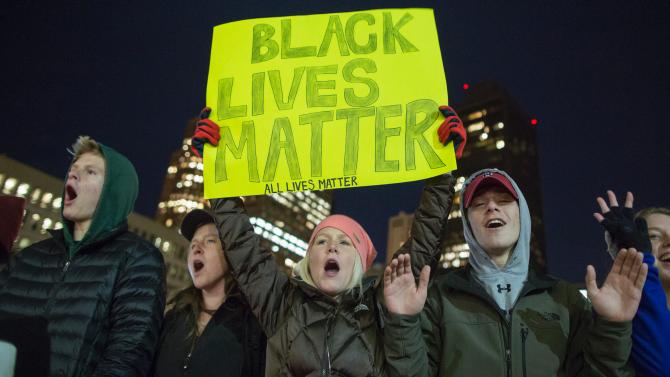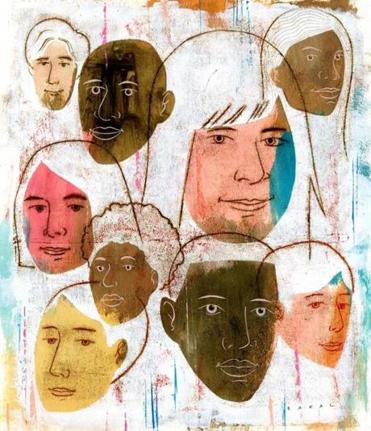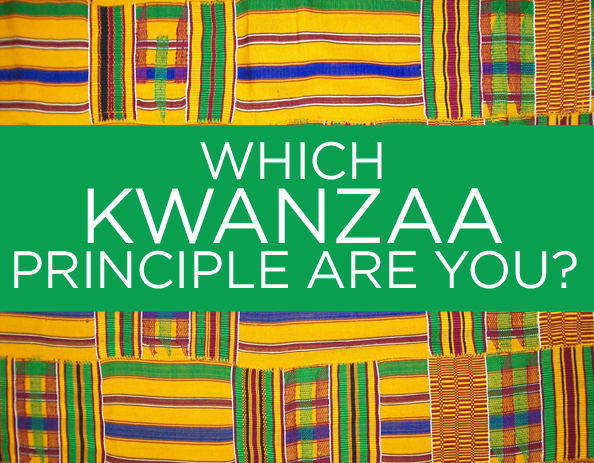available for purchase
at this time.
In The Intersection
Link Roundup! – 1/30/15
January 30, 2015Link Roundups feature articles and bits of internet goodness that our dramaturgy team digs up. If you find something you want to send our way, drop us a line on Facebook or Twitter!
♦♦♦♦♦
Buzzfeed featured a story this week by Chenjerai Kumanyika, a public radio producer, about his struggle to reconcile how his non-white voice sounds compared to other public radio hosts:
As I read the script back to myself while editing, I realized that as I was speaking aloud I was also imagining someone else’s voice saying my piece. The voice I was hearing and gradually beginning to imitate was something in between the voice of 99% Invisible host Roman Mars and Serial host Sarah Koenig.
Those two very different voices have many complex and wonderful qualities and I’m a fan of those shows. They also sound like white people. My natural voice — the voice that I use when I am most comfortable — doesn’t sound like that. Thinking about this, I suddenly became self-conscious about the way that I instinctively alter my voice and way of speaking in certain conversational contexts, and I realized that I didn’t want to do that for my first public radio-style piece.
For another take on public radio voice, last week’s This American Life featured a segment on the various criticism the show’s female reporters receive about their speaking voices.
♦♦♦♦♦
This essay from Salon brings up some important factors impacting how creative people get the time and resources to create their work
In my opinion, we do an enormous “let them eat cake” disservice to our community when we obfuscate the circumstances that help us write, publish and in some way succeed. I can’t claim the wealth of the first author (not even close); nor do I have the connections of the second. I don’t have their fame either. But I do have a huge advantage over the writer who is living paycheck to paycheck, or lonely and isolated, or dealing with a medical condition, or working a full-time job.
Link Roundup! – 1/23/15
January 23, 2015Link Roundups feature articles and bits of internet goodness that our dramaturgy team digs up. If you find something you want to send our way, drop us a line on Facebook or Twitter!
♦♦♦♦♦
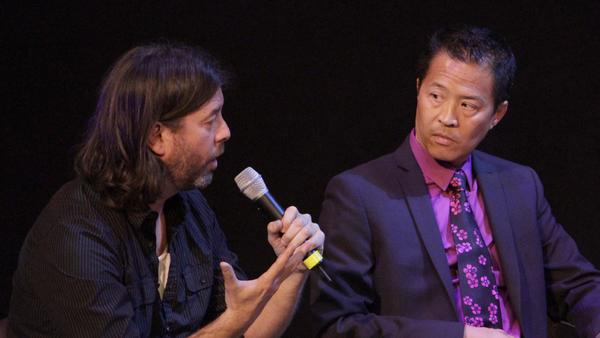
Moderator Michael John Garces, left, of the Cornerstone Theatre Company and Tim Dang of the East West Players, discussed diversity in theater back in 2013. (Lawrence K. Ho / Los Angeles Times)
The LA Times has a story about Tim Dang’s initiative to increase diversity in Southern CA theatres:
California already was declared a predominantly minority population in the 2000 census. Yet 75% of theatergoers in the L.A. region are Caucasian, and 80% are of the baby boomer generation or older, according to a study by the nonprofit L.A. Stage Alliance in 2011, the most recent year for which statistics are available.
Dang and his supporters said that if theater companies were more diverse — by age, sex and skin color — the change would have a ripple effect on what plays or musicals were staged, and what audiences they brought.
♦♦♦♦♦
This post about “trickle down” community engagement over at the Nonprofit With Balls blog is a very important and interesting read for orgs who care about connecting with under-served communities in an authentic way.:
Look, I’m not saying anyone is intentionally trying to discriminate against certain communities. Everyone is well-intentioned. Diversity, equity, inclusion, and cultural competency have risen to the front of people’s minds. Organizations are scrambling to talk about these issues, to diversify their board, to get community input. That is all great and all, but it has only been leading to marginalized communities being irritated and frustrated. Every single week, we leaders of color get asked to provide input, to join an advisory committee, attend a summit, to fill out a survey. Because of this well-intentioned mandate to engage with communities, we get bombarded with requests to do stuff for free.
Humans of Company One: SHOCKHEADED PETER actor Jake Athyal
January 21, 2015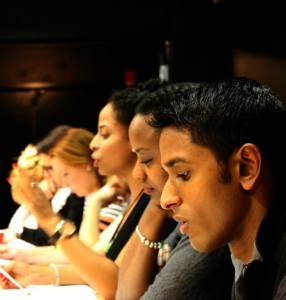 You have never acted before CHAD DEITY. You were a journalism major in school, right? What made you audition for the part?
You have never acted before CHAD DEITY. You were a journalism major in school, right? What made you audition for the part?
Yeah I was, I was a journalism major at Suffolk. And it came down to a point in the audition process when you’re looking for an Indian man who is physically fit and considers himself an athlete, the pool becomes very very small.
Do you consider yourself an athlete?
Yes, I would definitely consider myself an athlete. I did track. I was a gymnast during my freshman year. That was a very painful 8-9 months of my life, but it paid off because I got into CHAD DEITY. The other people who were cast were extremely fit and extremely athletic so it was more someone who could go up to their level as well. (more…)
Link Roundup! – 1/16/15
January 16, 2015Link Roundups feature articles and bits of internet goodness that our dramaturgy team digs up. If you find something you want to send our way, drop us a line on Facebook or Twitter!
♦♦♦♦♦
Three new reports from the NEA were recently released and explore the relationship between arts and the economy and detail how audiences attend and participate in the arts. Check them out, data nerds!
♦♦♦♦♦
Everyday Feminism has a great post about what intersectionality means and why it’s so important. It’s a great tool for anyone wondering how to explain inclusive feminism and apply it day-to-day.
It makes sense in many ways that those of us with identity privilege would have a harder time including in our feminism those who are oppressed. Privilege conceals itself from those who have it, and it’s a lot easier to focus on the ways that we are marginalized or oppressed.
But without an intersectional lens, our movements cannot be truly anti-oppressive because it is not, in fact, possible to tease apart the oppressions that people are experiencing. Racism for women of color cannot be separated from their gendered oppression. A Trans person with a disability cannot choose which part of their identity is most in need of liberation.
Yet there is regularly confusion about what intersectionality really is.
#StaffChat: Next Theatre (Chicago) Closing
January 8, 2015Staff chat posts feature articles and news that the C1 team discusses as part of our weekly all-staff meeting. We’d love to hear your thoughts too — hit us up on Facebook or Twitter!
♦♦♦♦♦
On her Bitter Gertrude blog early last month, theatre artist Melissa Hillman’s post “The Most Important Thing in Theatre You’re Not Talking About” brings up an issue in the non-profit world that could use wider attention:
THEATRES ARE CLOSING.
Nonprofit theatres all over the country are in trouble. While larger theatres are doing better than they were during the recession, a jaw-dropping amount of small, indie theatres and even midsize theatres are in trouble.
Her post came on the heels of an announcement from Next Theatre that they would be shutting down mid-season. Hillman gives an interesting perspective to the news reported by Chicago Times and American Theatre Magazine and at this week’s staff meeting, we’ll be looking at a few articles about Next Theatre as a case study for the issues Hillman discusses:
#LinkRoundup! – 12/26/14
December 26, 2014Link Roundups feature articles and bits of internet goodness that our dramaturgy team digs up. If you find something you want to send our way, drop us a line on Facebook or Twitter!
♦♦♦♦♦
Company One was well represented at last week’s welcome for Julie Burros, Boston’s new chief of arts and culture, hosted by ArtsEmerson. This week, WBUR’s The Artery has a feature about community expectations and hopes for Burros new role.
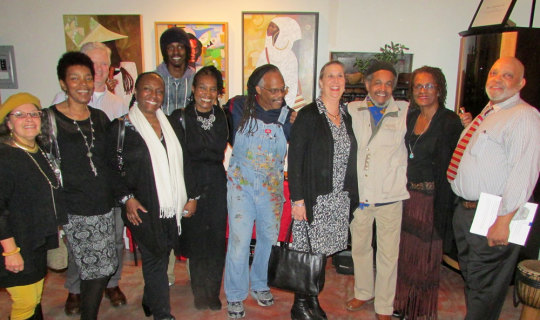
Julie Burros, fourth from right, with artists at the Susie Smith Gallery (Courtesy of Napolean Jones-Henderson)
♦♦♦♦♦
The Artists Against Police Brutality tumblr has a beautiful and varied collection of artistic responses to recent police violence across the US.
#LinkRoundup! – 12/12/14
December 12, 2014Link Roundups feature articles and bits of internet goodness that our dramaturgy team digs up. If you find something you want to send our way, drop us a line on Facebook or Twitter!
♦♦♦♦♦
This game is a visual representation of how societies become segregated — try it out and see how bias happens for yourself:
♦♦♦♦♦
This quote from Jacqueline Lawton, recently featured on the Art Works Blog, is right up C1’s alley and is always a great reminder about the importance of art as a tool for social change:
I think of art work as social activism. I live as an artist in the world to tell the stories of people who live on the margins. Our work as artists is to evoke emotion and inspire thought, whether it’s a direct call to action or simply seeing the person next to you who you might have ignored before because they are so different from you.
♦♦♦♦♦
This article from The Root examines Boston’s recent outpouring of support for the #BlackLivesMatter movement. It’s an encouraging sign after so many years of racial tension in the city.
#LinkRoundup! – 12/5/14
December 5, 2014Link Roundups feature articles and bits of internet goodness that our dramaturgy team digs up. If you find something you want to send our way, drop us a line on Facebook or Twitter!
♦♦♦♦♦
The diversity building initiatives and programs featured in this Boston Globe article called 12 Ideas for Making Boston More Inclusive are varied and certainly worth reading up on — check out number 11 for a nice shout-out to C1!
♦♦♦♦♦
This Love Letter to Dramaturgs, penned by playwright Sarah Ruhl, is a good look at the writer’s perspective during the development process:
We need you to be publicly articulate about our plays when we feel dumb about them, so we can do the more private, blunted and blind task of writing. We need you to be as articulate about unconventional structure as you are about conventional structure. We need you to fight the mania for clarity and help create a mania for beauty instead. We need you to ask: is the play too clear? Is it predictable? Is this play big enough? Is it about something that matters?
#blacklivesmatter: C1 Artists Respond
December 29, 2014Since the Ferguson and Eric Garner grand jury decisions this fall, members of the C1 staff and many of our affiliated artists have found various ways to participate in the #blacklivesmatter movement. Whether by joining the protests happening around the country, responding through their art, or posting their perspectives on social media, artists are making their voices heard in important ways. We’ve collected some of those responses and perspectives here – they are an important reminder that the fight for equality and social justice must continue into the new year, and beyond.
Earlier this month, several local performers, including C1 affiliated artist Obehi Janice, organized the Creative Witness rally. Actor Brandon Green performed the piece below at the rally:
Walter Sickert from The Army of Broken Toys, one of our SHOCKHEADED PETER collaborators, posted two images he created on Facebook (click to enlarge):
- NO JUSTICE #FergusonIsEverywhere by Walter Sickert
- “TRUST US” by Walter Sickert
#LinkRoundup! – 1/2/15
January 2, 2015Link Roundups feature articles and bits of internet goodness that our dramaturgy team digs up. If you find something you want to send our way, drop us a line on Facebook or Twitter!
♦♦♦♦♦
Over at NPR’s Code Switch blog, Eric Deggans looks at the how the Sony hack revealed Hollywood’s racial bias and looks at representation in films from 2014:
It is, perhaps, the worst nightmare for those of us constantly trying to get a white-dominated Hollywood to widen its doors of opportunity for people of color: All those executives who say the right things in public and give to the right causes, just might think something much less admirable about diversity behind closed doors.
♦♦♦♦♦
Kwanzaa ended yesterday, but you can still take this quiz to find out which Kwanzaa principle you are:
